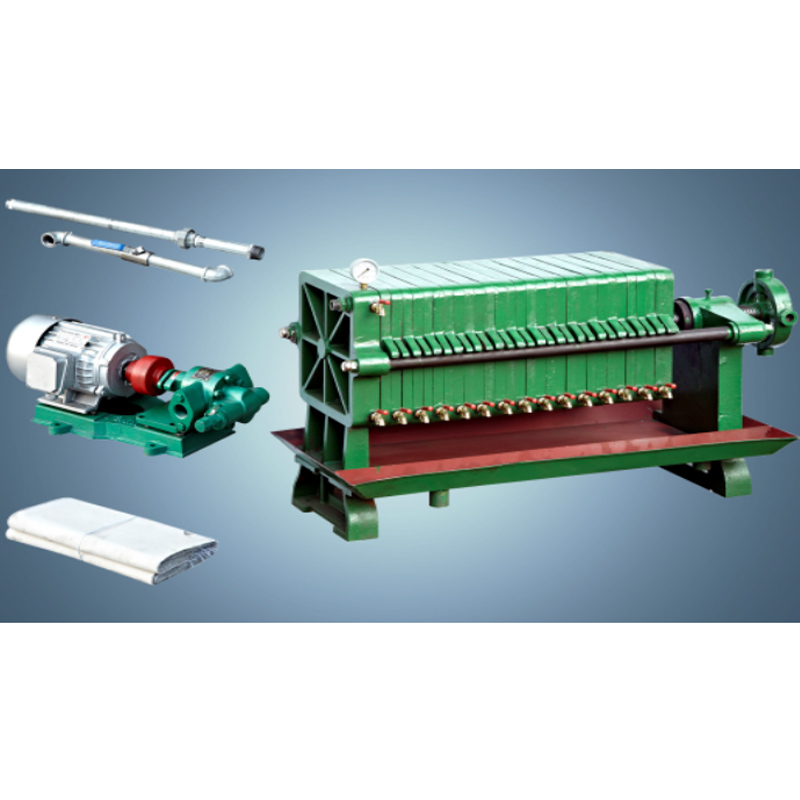Oct . 21, 2025 11:15 Back to list
Safflower Oil Press Service – Custom, Reliable, Affordable
A Field Guide to Safflower Oil Press Service: What Buyers Should Really Know
If you’re scaling safflower oil production, a reliable press-filtration setup can be the difference between smooth throughput and endless downtime. I’ve walked enough plants to say this plainly: filtration is where many lines bottleneck. The Press Filter from Dingzhou City, Hebei Province, China, keeps cropping up in conversations—partly because it’s rugged, partly because it’s sensible to maintain. In a crowded market, that still matters.

Industry trends (and why this service is heating up)
Two things are driving demand: clean-label edible oils and cosmetics-grade clarity. Processors want low FFA drift, tighter particulate control, and lower energy per liter. Actually, there’s also a quieter trend—service contracts that guarantee uptime. Many customers say they’d rather pay for predictable hours than chase spare parts mid-harvest. That’s where a competent Safflower Oil Press Service team pays for itself.
Process flow: from seed to bright stock
- Materials: cleaned safflower seed, optional conditioning (60–70°C for hot pressing), food-grade filter aid (e.g., perlite), polypropylene filter cloth, chamber plates.
- Method: mechanical pressing (cold or hot), crude oil settling, pump to press filter, cake formation to target ΔP, discharge dry cakes, optional polishing stage.
- Testing standards: AOCS Ca 3a-46 (moisture), ISO 3960 (peroxide value), ISO 660 (acid value), AOCS Ca 4a-38 (insolubles).
- Service life: filter cloth ≈ 6–12 months; hydraulic pump 3–5 years with regular oil changes; plate pack 7–10 years (real-world use may vary).
- Industries: edible oil refineries, cosmetics/nutraceutical blenders, specialty food processors, toll processors.
Product snapshot: Press Filter (for Safflower Oil Press Service)
| Origin | Dingzhou City, Hebei Province, China |
| Filtration area | 10–80 m² (modular; ≈ selection by throughput) |
| Plate material | PP or cast iron (food-contact PP recommended) |
| Micron rating | 1–25 μm achievable (cloth + filter aid) |
| Hydraulic closing pressure | 0.5–1.0 MPa typical |
| Cake thickness | 20–32 mm (adjustable) |
| Pump/power | Gear/slurry pump, 3–7.5 kW |
| Filtrate clarity | |
| Compliance | CE, food-contact PP; supports HACCP integration |
Application scenarios
- Edible oil grade: low insolubles (
- Cosmetics grade: finer micron cloth, double-pass filtration to reduce haze.
- Toll processing: quick plate swaps, fast cake discharge—time is money.
Vendor comparison (real-world, not brochure-speak)
| Vendor | Plates | Pressure | After-sales | Certs | Price |
| Dingzhou Press Filter | PP/cast iron | 0.5–1.0 MPa | Spare kits, remote support | CE, ISO 9001 | $$ (value) |
| Local Fabricator | Mixed | ≈0.4–0.6 MPa | Varies | Often none/limited | $ |
| EU Premium Brand | High-grade PP | 0.8–1.6 MPa | Global service | CE, ISO 9001/22000 | $$$ |
Customization for your line
For Safflower Oil Press Service, common tweaks include: cloth weave selection (5–25 μm), cake thickness spacers, CIP manifolds, food-grade gaskets, and VFD-controlled pump ramps to avoid channeling. It seems small, but the right ramp profile reduces cloth blinding noticeably.
Case notes (quick, but telling)
- Central Asia refinery: throughput +18% after switching to staged filter-aid dosing; insolubles dropped from 0.09% to 0.04% (AOCS Ca 4a-38).
- Cosmetics blender: double-pass run cut haze by ≈40% NTU; peroxide value held steady per ISO 3960, which is what you want.
Customer feedback: “Cakes release dry—forklift, done. We stopped babysitting the press,” one supervisor told me, slightly amazed.
Quality, certifications, and test data
A credible Safflower Oil Press Service program should align with ISO 9001 for QA, ISO 22000/HACCP for food safety, and use AOCS/ISO analytical methods. Typical filtered safflower oil targets: moisture ≤0.1% (AOCS Ca 2e-84), insolubles ≤0.05%, stable PV under ISO 3960. Document it; auditors will ask.
Final thought—service matters. To be honest, any press can look great on a spec sheet. What wins day-to-day is accessible spares, reachable technicians, and predictable filter cloth logistics. That’s the backbone of a grown-up Safflower Oil Press Service.
Authoritative citations
- AOCS Official Methods and Recommended Practices: https://www.aocs.org/
- ISO 3960:2017 (Peroxide value) and ISO 660:2020 (Acid value): https://www.iso.org/
- Codex Alimentarius – Fats and Oils: https://www.fao.org/fao-who-codexalimentarius/
- ISO 9001 and ISO 22000 standards: https://www.iso.org/iso-9001-quality-management.html
-
Comprehensive Guide to Cold Press Oil Extraction Machine – Benefits, Uses & Future Trends
NewsNov.21,2025
-
HP 120 Cold Oil Press - Hebei Huipin Machinery | Efficient Oil Extraction
NewsNov.21,2025
-
Mustard Oil Extraction Machine: A Complete Guide to Industry, Technology & Future Trends
NewsNov.20,2025
-
Groundnut Oil Extraction Machine | Efficient Peanut Oil Press Solutions
NewsNov.20,2025
-
Manual Oil Press Machine: Sustainable Oil Extraction for Global Communities | Buy & Learn More
NewsNov.19,2025
-
Efficient Peanut Oil Machine Solutions for Sustainable Oil Extraction
NewsNov.19,2025
